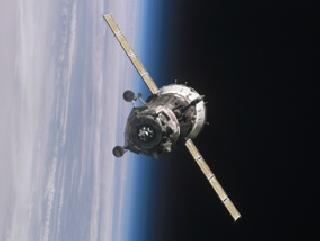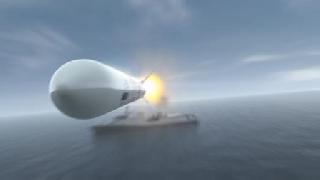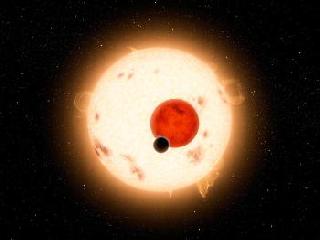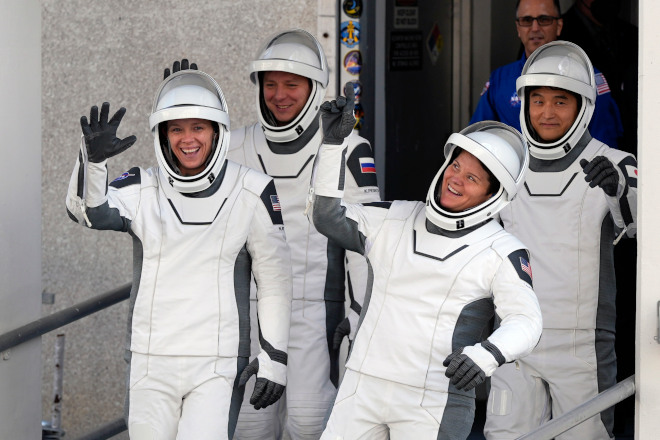
A file photo.
MOSCOW (AFP): Three astronauts began their return to Earth from the International Space Station Friday aboard a Soviet-era capsule whose mission follows an unprecedented spate of Russian space accidents.
The Moscow-based Roskosmos space agency said the Soyuz TMA-21 craft undocked from the orbiter with two Russians and a US astronaut on board according to schedule at 0038 GMT.
“We have physical separation,” the departing crew’s commander Andrei Borisenko said in comments broadcast on NASA TV.
“You look great backing away guys,” the next mission’s commander Mike Fossum told the crew as they started their journey home over northern China. “It was great sharing space with you.”
The small aerodynamic craft is due to touch down with the help of a massive parachute in the wind-swept steppes of the ex-Soviet republic of Kazakhstan at 0400 GMT.
A NASA commentator said weather conditions in central Kazakhstan were “excellent – just a few clouds and temperatures in the mid-60s Fahrenheit (about 18 degrees Celsius).”
The Soyuz leaves behind a skeleton crew of three – NASA’s Fossum and Russia’s Sergei Volkov along with Japanese flight engineer Satoshi Furukawa – on board the orbiter at one of the tensest times in its storied history.
Russia kicked off the USD 100 billion international project’s construction in 1998 in the midst of a heated race with the United States for space supremacy in the early post-Soviet era.
But the programme has recently suffered an embarrassing series of setbacks that saw sensitive satellites fail to reach orbit and – in the most dramatic accident last month – an ISS cargo craft crash back to Earth.
The August 24 accident prompted Russia to temporarily ground a part of its Soyuz programme while it conducted emergency checks.
 Previous Article
Previous Article Next Article
Next Article













The Indian Air Force, in its flight trials evaluation report submitted before the Defence Ministry l..
view articleAn insight into the Medium Multi-Role Combat Aircraft competition...
view articleSky enthusiasts can now spot the International Space Station (ISS) commanded by Indian-American astr..
view article